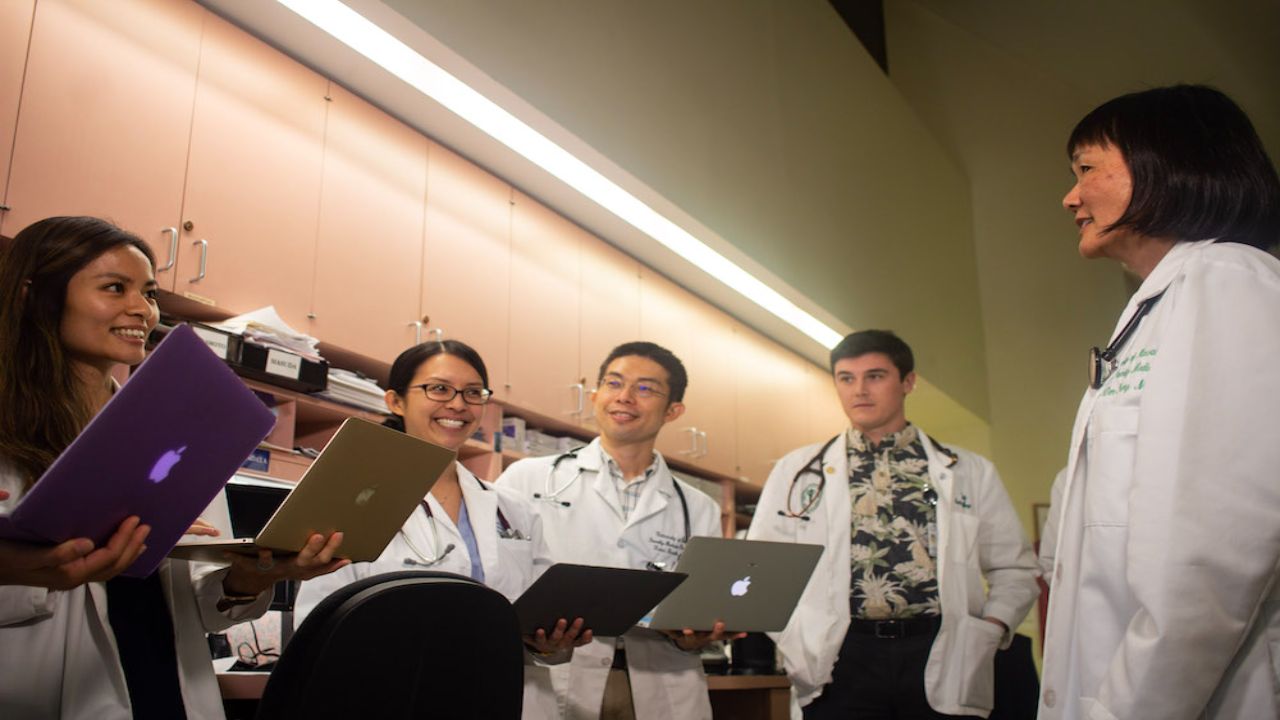Embarking on a medical journey in Australia is a commendable pursuit, one that requires a clear understanding of the prerequisites involved. From academic qualifications to language proficiency, the road to practicing medicine in the land of Down Under demands meticulous planning and adherence to specific criteria. Here, we will delve into the essential requirements for studying and practicing medicine in Australia.
English Proficiency

For international students eyeing a medical education in Australia, proficiency in the English language is non-negotiable. The ability to communicate effectively in English is pivotal, not just for academic success but also for seamless integration into the healthcare system. Applicants are required to provide evidence of their language proficiency through recognized English language tests such as the International English Language Testing System (IELTS) or the Occupational English Test (OET). Achieving the prescribed scores ensures that students can comprehend and convey complex medical information accurately. If you’re a foreign student or an applicant and need to improve your English for studying, English tutoring in Brisbane can be your option.
Educational Credentials
The cornerstone of pursuing a medical career in Australia lies in obtaining the right educational qualifications. Aspiring medical students must complete a recognized Bachelor’s degree with a strong focus on science, typically in fields such as biology or chemistry. Subsequently, a postgraduate degree in medicine, commonly the Doctor of Medicine (MD) or Bachelor of Medicine/Bachelor of Surgery (MBBS), is imperative. It’s crucial to ensure that the chosen medical program is accredited by the Australian Medical Council (AMC) to guarantee recognition and eligibility for further steps in the medical profession.
Internship and Residency

Upon successful completion of the medical degree, graduates must undergo a mandatory internship period to gain practical experience in a clinical setting. This phase is crucial for honing clinical skills and understanding the intricacies of patient care. Following the internship, aspiring medical practitioners proceed to a residency program, further specializing in a chosen field of medicine. These practical experiences are essential steps in the journey towards full medical registration in Australia, marking a transition from theoretical knowledge to hands-on, patient-centered practice.
Australian Medical Council (AMC) Exams
To solidify their place in the Australian medical landscape, graduates must navigate through the challenging assessments conducted by the Australian Medical Council (AMC). These exams evaluate the knowledge and skills necessary for medical practice in the country. The AMC exams include the AMC Part 1, AMC Part 2 Clinical, and the AMC Clinical Exam. Success in these assessments is a prerequisite for obtaining the much-coveted medical registration from the Medical Board of Australia.
Medical Registration
Securing medical registration is the final frontier for those aspiring to practice medicine in Australia. The Medical Board of Australia oversees the registration process, ensuring that candidates meet the stringent standards set for ethical and professional conduct. This involves a thorough evaluation of educational qualifications, practical experience, and successful completion of the AMC exams. Once registered, medical practitioners are authorized to practice independently or under supervision, depending on their level of experience and specialization.
In conclusion, the journey to study and practice medicine in Australia demands a combination of academic excellence, linguistic proficiency, and practical experience. From educational credentials to clinical exposure, aspiring medical professionals must traverse a carefully mapped path. Navigating the requirements with diligence and dedication ensures that they become integral contributors to the Australian healthcare system, meeting the high standards set by the medical regulatory authorities.
